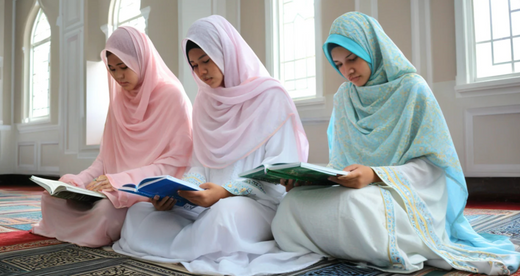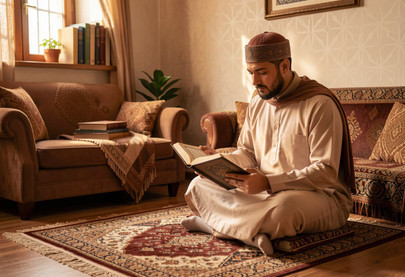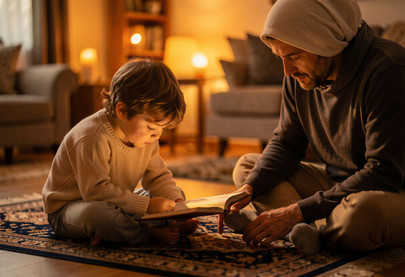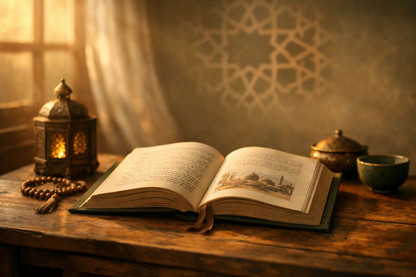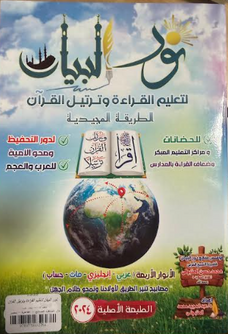Women in Islam Exploring Historical and Modern Perspectives on Rights Roles and Empowerment
When you think of women in Islam, what comes to mind? Too often, the conversation is skewed by stereotypes, misconceptions, and fragmented narratives. But Islam’s history tells a different story—one of strength, resilience, and unparalleled contributions. From the time of the Prophet to the present day, women have played crucial roles in shaping Islamic society. Let’s get real and dig deep into both the historical and modern perspectives on women in Islam, their rights, roles, and the paths to empowerment. It’s time to set the record straight.
1. A Legacy of Strong Women: The Historical Role of Women in Islam
From the very beginning, women were key figures in Islamic history. Sayyida Khadijah (RA), the first wife of the Prophet Muhammad, was not only a devoted spouse but also a successful businesswoman who supported the Prophet during the most critical moments of his mission. She was the first person to accept Islam. That’s right—Islam started with a woman at the forefront.
Let’s not forget other remarkable women like Aisha bint Abi Bakr (RA), a scholar and narrator of hadith. Her contributions to Islamic jurisprudence and theology are still referenced today. It’s no coincidence that the Prophet encouraged both men and women to seek knowledge. These women were far from passive; they were trailblazers.
2. Rights of Women in Islam: Groundbreaking for Its Time
Before Islam, women in the Arabian Peninsula had limited rights—if any at all. Islam came to change that narrative. In a time when daughters were buried alive and women had no legal standing, Islam introduced revolutionary reforms. Women were granted the right to inherit, to own property, to enter contracts, and to participate in societal affairs.
Islamic law (Sharia) established clear rights for women, safeguarding their dignity in marriage, divorce, and inheritance. While some like to paint Islam as oppressive toward women, the reality is that it laid down the groundwork for rights that women in other parts of the world would only receive centuries later.
3. Empowerment through Education and Scholarship
Education wasn’t just recommended for women in Islam—it was required. The Prophet said, “Seeking knowledge is an obligation upon every Muslim”—and that means women, too. In fact, many women became renowned scholars, experts in Islamic law, and poets who shaped the intellectual landscape of the Islamic world. Take Fatima al-Fihri, who founded the world’s first university—the University of Al-Qarawiyyin in Morocco, a legacy that still stands strong today.
Education has always been a key factor in the empowerment of Muslim women, but modern-day challenges often overshadow this historical truth. Today, as women fight for their rights to education in some parts of the world, it's essential to remember that Islam doesn’t just allow women to learn—it demands it.
4. Women’s Leadership in Islam: Breaking Stereotypes
Let’s talk leadership. Yes, you read that right—women have led in various fields throughout Islamic history. From rulers like Sultan Razia of Delhi to warriors like Nusaybah bint Ka’ab (RA), Muslim women have held positions of influence and power. The narrative that Islam somehow discourages female leadership is a myth rooted in cultural practices, not religious doctrine.
Even in the Prophet’s time, women played significant roles in governance, warfare, and religious affairs. Nusaybah, for example, fought alongside the Prophet during the Battle of Uhud, defending him with incredible bravery. Leadership and courage are woven into the fabric of Islamic teachings for both men and women.
5. Modern Views on Women’s Roles in Islam: Between Tradition and Progress
In today’s world, the role of Muslim women is the subject of intense debate, often caught between cultural traditions and progressive interpretations. Islamic feminism is a rising force, advocating for gender equality and reinterpretation of religious texts to align with women’s empowerment.
However, modern movements don’t always reflect the true spirit of Islam. Many of the rights modern feminists fight for are already embedded in Islamic teachings. The challenge lies in cultural practices that have been conflated with religion, often restricting women in ways Islam never intended.
6. Women’s Empowerment in Muslim Societies: Shattering Glass Ceilings
Empowerment isn’t just a buzzword—it’s a lived reality for many Muslim women today. Whether it's in politics, business, education, or activism, Muslim women are stepping into leadership roles and making global impacts. Figures like Nobel Peace Prize winner Malala Yousafzai and political leader Benazir Bhutto are prime examples of how Muslim women continue to rise, despite societal obstacles.
In Islamic culture, empowerment comes from fulfilling one’s potential while adhering to values of justice, respect, and responsibility. Muslim women today are reclaiming their roles and breaking down barriers, proving that empowerment isn’t a new concept in Islam—it’s just a continuation of the legacy started by women like Khadijah (RA) and Aisha (RA).
7. Gender Equality in Islam: The Eternal Debate
Is Islam a patriarchal religion? If you’re reading through a superficial lens, you might think so. But take a closer look, and you’ll see that Islam places equal value on men and women, with distinct roles that complement each other. The Prophet consistently treated women with respect and emphasized their worth, saying, “The best of you are those who are best to their wives.”
Equality in Islam doesn’t mean sameness—it means equity. Men and women have different responsibilities, but their spiritual and moral worth is identical. In fact, women were given legal rights in Islam long before Western feminism came into the picture.
8. Modern Islamic Feminism: A New Wave or an Old Tradition?
The rise of Islamic feminism has sparked a new wave of conversations around women’s rights in Muslim societies. But the truth is, the feminist principles these movements push for have always existed in Islam. The Quranic emphasis on justice, mercy, and equality forms the bedrock for modern Islamic feminists seeking to reinterpret traditional roles and challenge outdated cultural norms.
Yet, Islamic feminism isn’t about mimicking Western feminism. It’s about finding empowerment within the framework of faith. By reclaiming their rightful place within the religious narrative, Muslim women are working to challenge patriarchal systems that have twisted Islam’s message of gender equity.
Final Thoughts: Reclaiming the Narrative
The narrative around women in Islam is often hijacked by misunderstanding and bias. But the reality is far more nuanced—and empowering. Women in Islam aren’t just passive observers; they’re leaders, educators, warriors, and pioneers. From historical figures like Khadijah (RA) and Aisha (RA) to modern-day leaders breaking barriers, Muslim women have always been at the forefront of change.
The conversation about women in Islam isn’t one-dimensional. It’s layered, dynamic, and deeply rooted in a faith that grants women rights, responsibilities, and opportunities for empowerment. Let’s remember that when we talk about women in Islam, we’re talking about a legacy of strength, intellect, and unshakable faith.
So, are you ready to flip the script and see the real story behind women in Islam?

